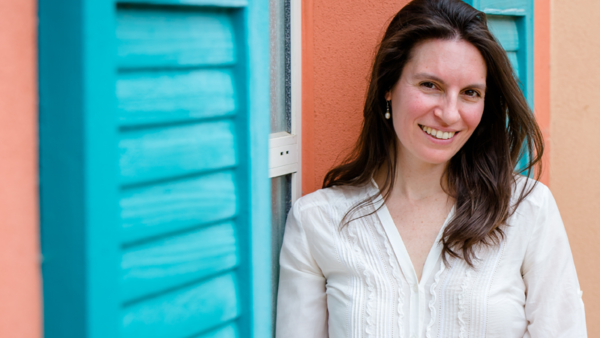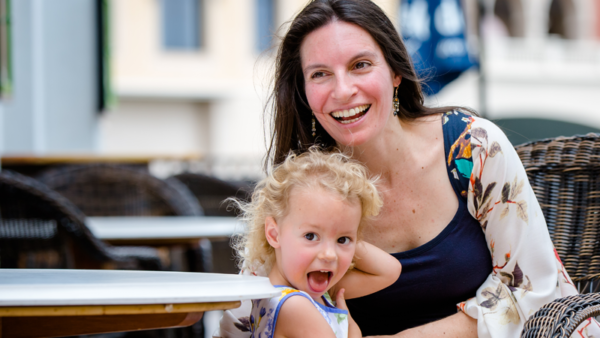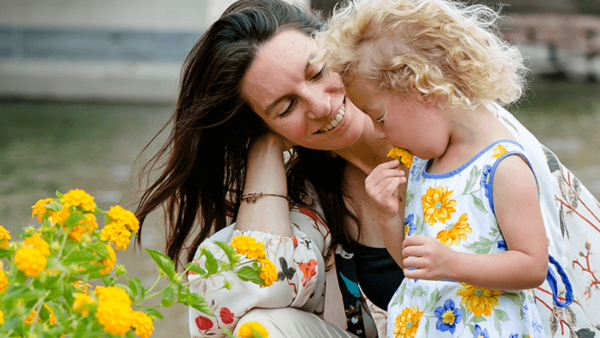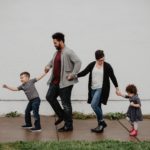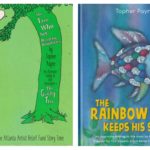I’m sad as I write this. I’m sad that women and abortion are so misunderstood. I’m sad that women who have had abortions are in the closet about it, though I completely understand why. I’m sad that the doctors who have helped those women are targeted. It shouldn’t be this way.
Let’s get some facts straight.
- Over 90% of abortions happen in the first trimester of pregnancy.
- There are very few abortions late in pregnancy, and they are generally for darn good reasons, like an absolutely devastating fetal diagnosis or a threat to the mother’s life.
- There’s no infanticide of any kind. That’s horrifying to everyone and already outlawed.
Maybe this feels like a hidden corner where dark things could possibly be happening because abortion is another taboo subject we don’t talk about.
A deeper look
Here’s a doctor’s account of abortion, including the much more rare ones that happen later in pregnancy.
Here’s an account of the scientific study which compared the outcomes of people who wanted an abortion and got one vs. people who wanted an abortion and didn’t get one. In a nutshell, the Turnaway Study found no differences in the mental health of the mothers and poorer outcomes for the children.
Other countries have done this social experiment, allowing women their body autonomy and severely restricting it. Different states in the US have different policies and we can compare the results. The data is clear. Restrictions lead to more mothers and infants dying.
So Trump’s statements, other’s statements… simply false. Being anti-abortion is not really being “prolife” (and it’s particularly ironic to see “prolife” abortion bans enacted in death-penalty states).
Why would they do that? Do they really not understand?
We’d like to think so. Here’s a devastating article which, in my opinion, blasts all the anti-abortion reasoning out of the water.
Ultimately, my guess is that there’s much more feeling than reasoning behind the anti-abortion movement. The leaders may have ulterior motives, but the impassioned followers seem to me to be following their gut sense of what feels “right.”
We learn shame and disgust. We learn acceptance of diversity. We learn to feel those ways to fit in with our families and communities, so that we won’t be ostracized.
Your child could learn either from you, so what do you want to teach?
Talking with kids
As you can tell, I support a woman’s right to her body autonomy, just as I support a child’s right to their body autonomy.
That’s how I’d talk about it with a young child. Something like, “Should a woman be able to choose about being pregnant?”
Here’s one woman’s account of talking with her young child about abortion, why she did and how she did it. Kids fight for their body autonomy, and when it’s granted, it makes sense to them that others get to choose about their bodies.
As kids get older though, it’s more important to give the neutral facts, share stories, and let them know you’ll support their decision – should they ever have to make one – about an unwanted pregnancy.
Cindi Leive, a former editor in chief of Glamour Magazine, wrote about her experience having an abortion, her silence, and telling her story to daughter.
Here’s an article which will give you some direction for talking with young adults. The most important part is to be your child’s ally, helping them gather information and think through the moral complexities.
Where we go from here
Since about half of abortions are obtained by teens and young adults (read: high-school and college kids), this is absolutely a parenting issue.
Should your child be in a place where access to abortion is restricted, they’ll need help. Beyond the agonizing decision whether to continue with the pregnancy or not, they might need to go to a clinic far away, even across state lines. I hope you’re creating a relationship with your child where you can be there for them.
Many people don’t know about Plan C, pills a woman takes to terminate a pregnancy in the first trimester. If Plan A is sex with contraception, and Plan B is the morning-after pill, then Plan C is a handful of pills prescribed by your clinician and perhaps mail ordered to your home address. Taking the medication results in a miscarriage. The drugs are untraceable in the mother’s system, allowing her to seek medical care for the miscarriage without fear of detection, should she need that help.
I’d much prefer an open society to self-managed abortions. I’d also much prefer Plan C self-managed abortions to higher maternal and infant death rates.
The statistics are that 1 in 4 women choose to have an abortion. That’s hugely common. It deserves to be discussed, if not openly, then within our families, with both our sons and our daughters.
I hope you have a few more tools, a better idea how to navigate this topic. If it still feels out of reach, please comment below or jump on my calendar for a free 30 minute coaching call.
In support of you,
Anya
P.S. Wondering when to start talking about this and other tricky topics? Check out the What To Say When webinar, one of many which are available in our video library membership.


